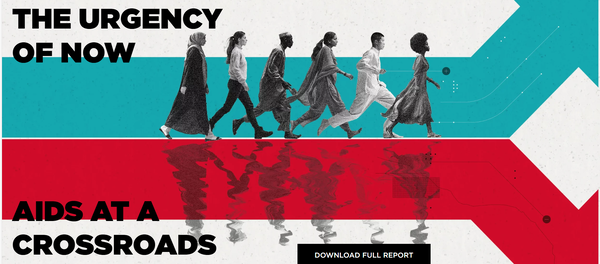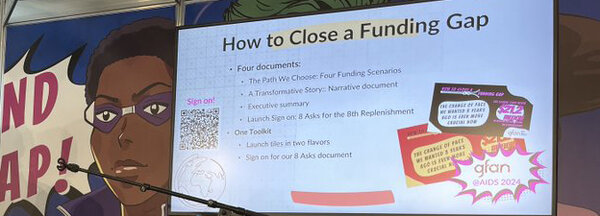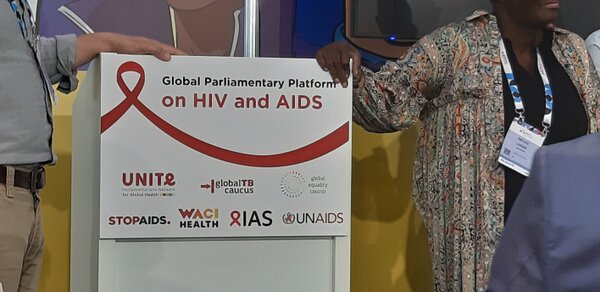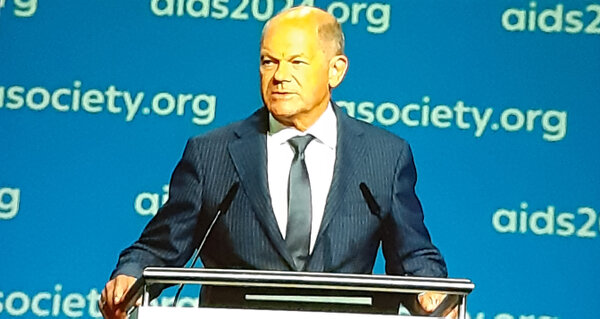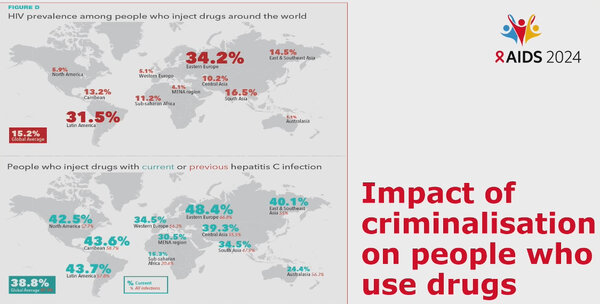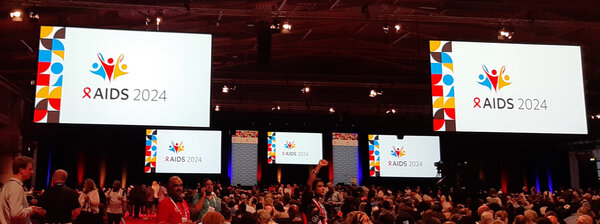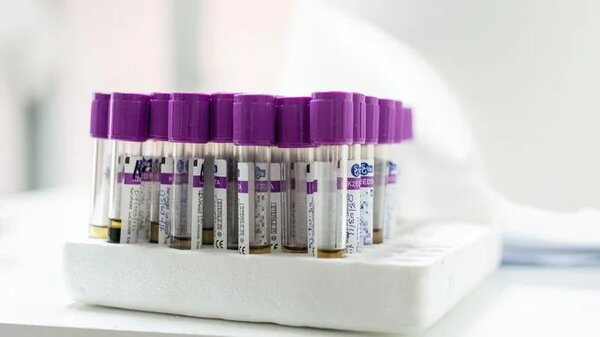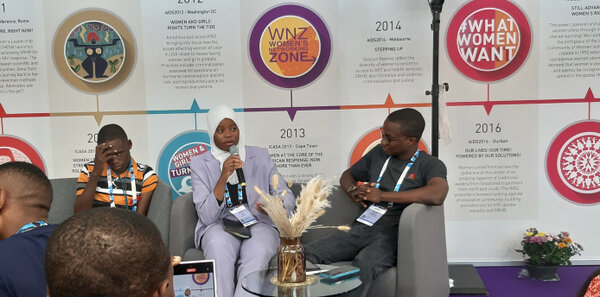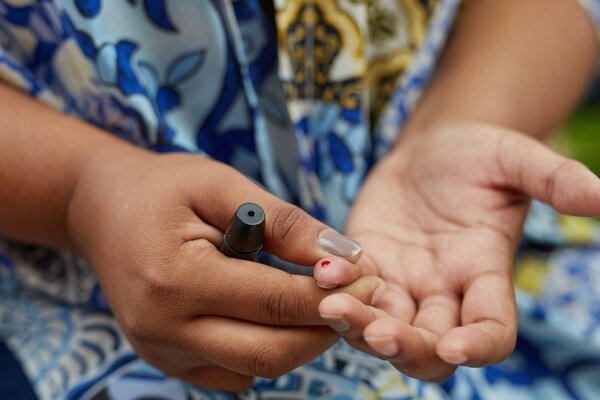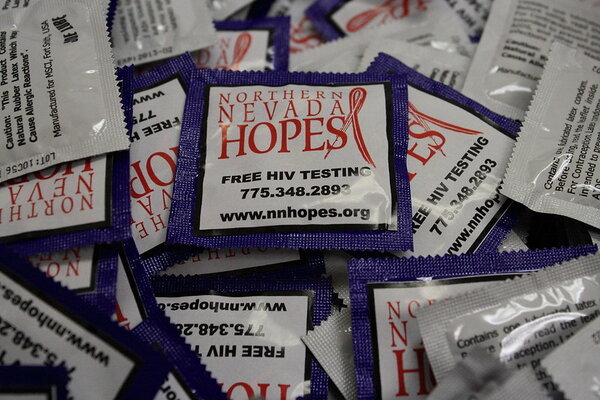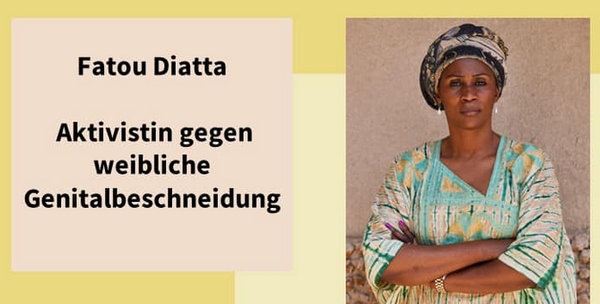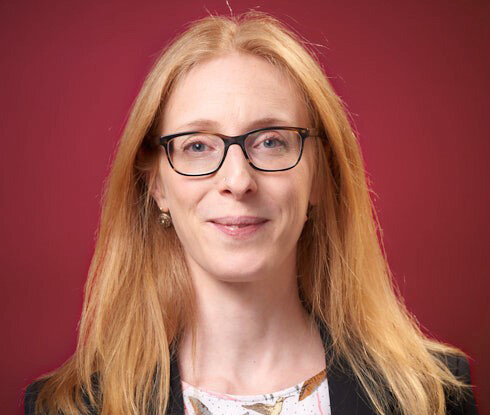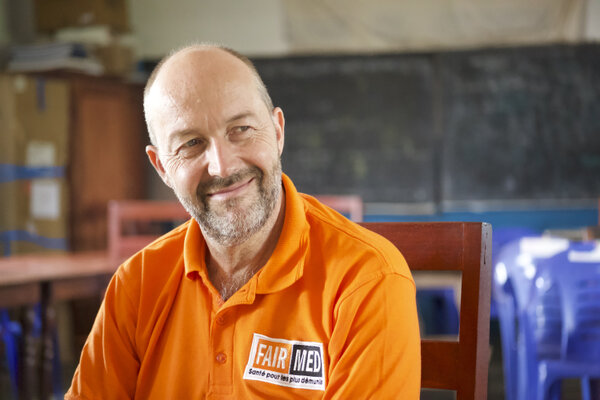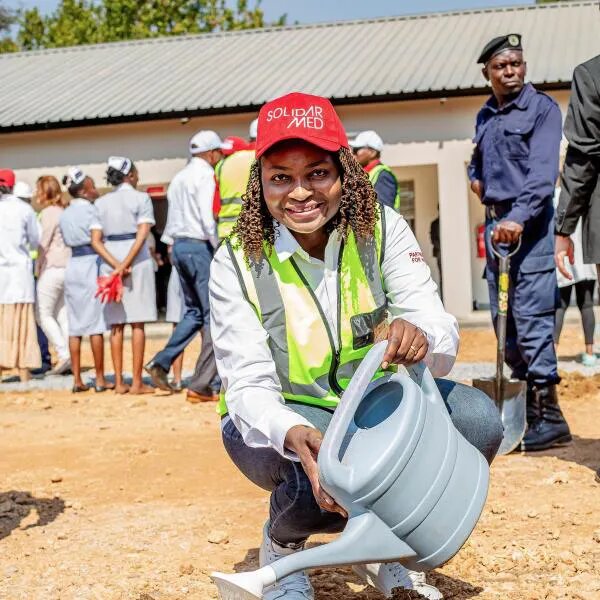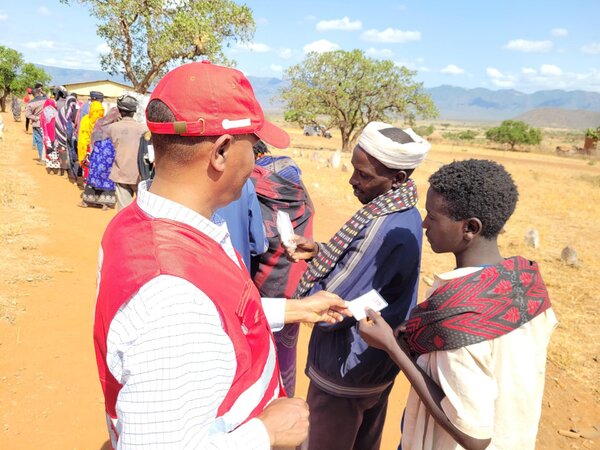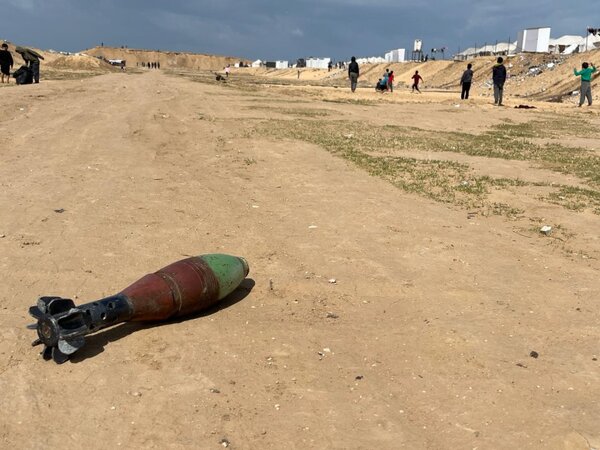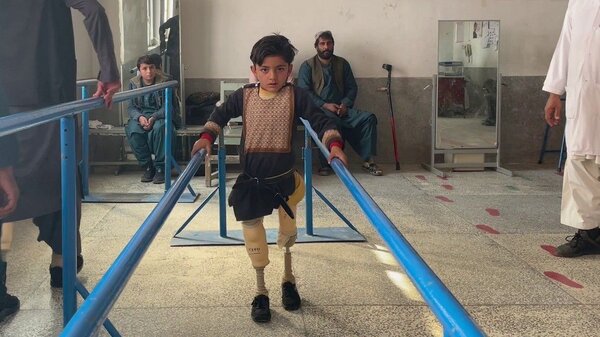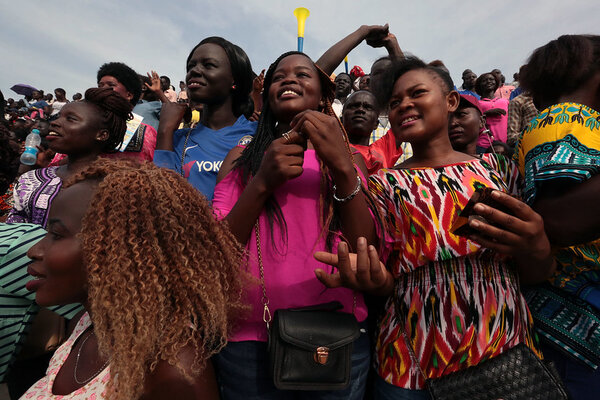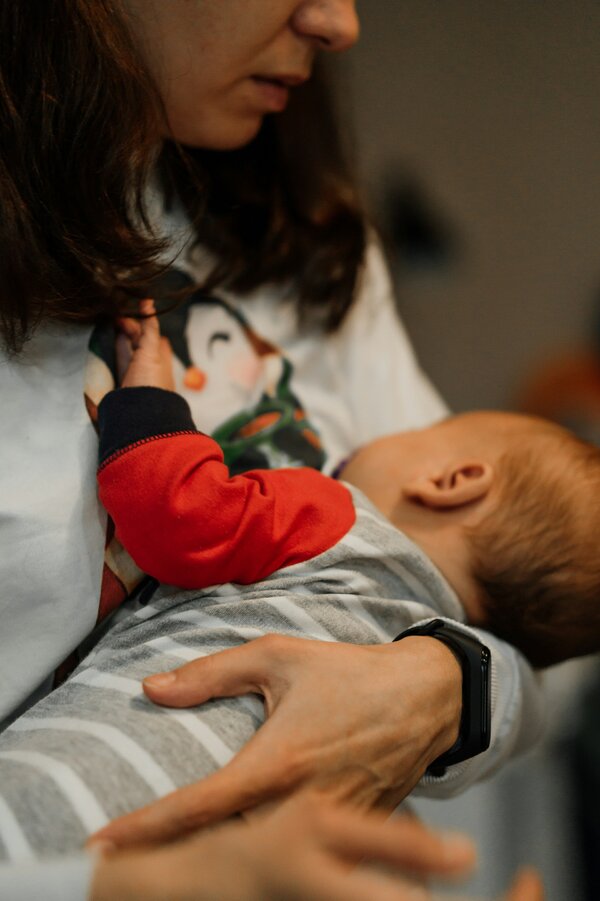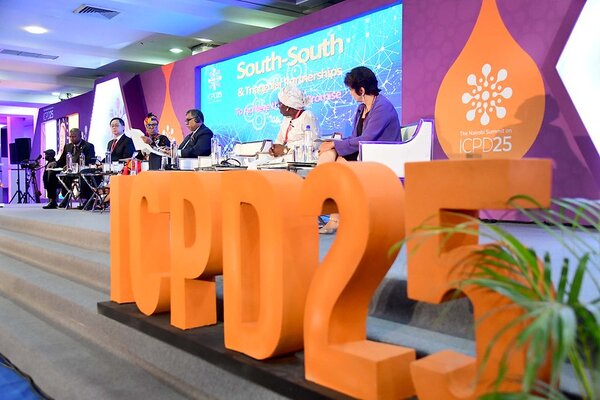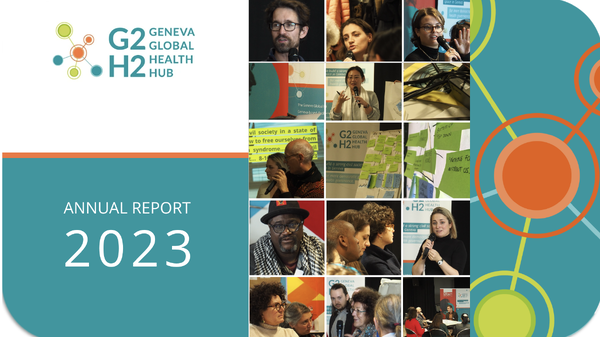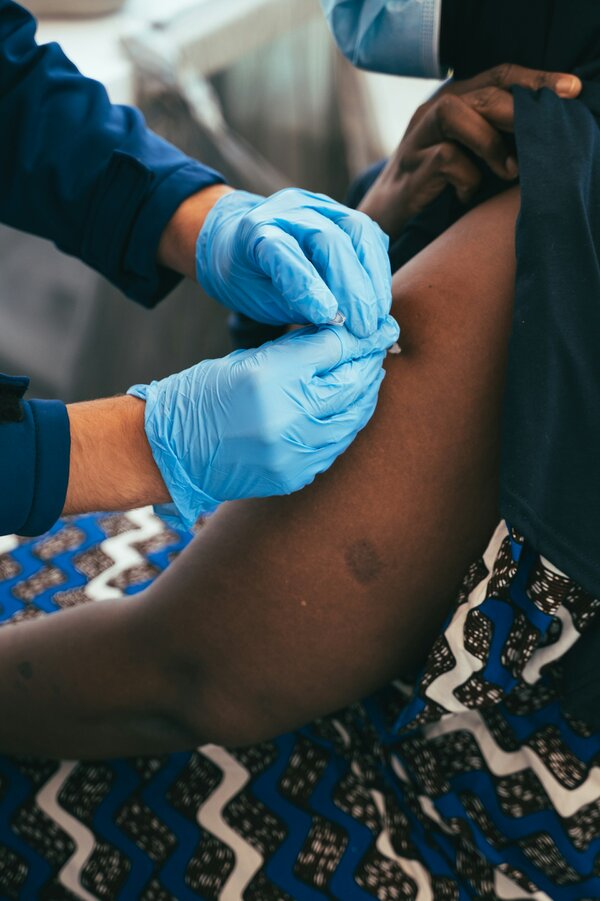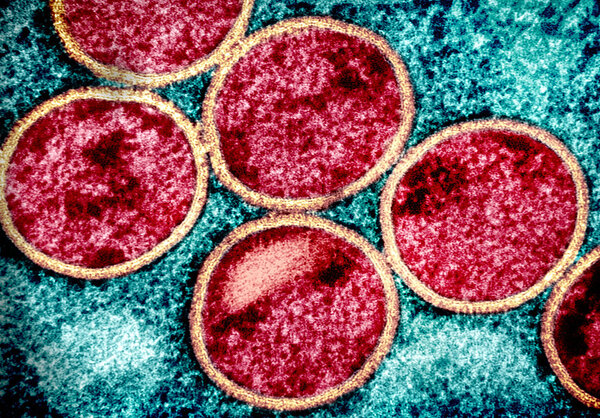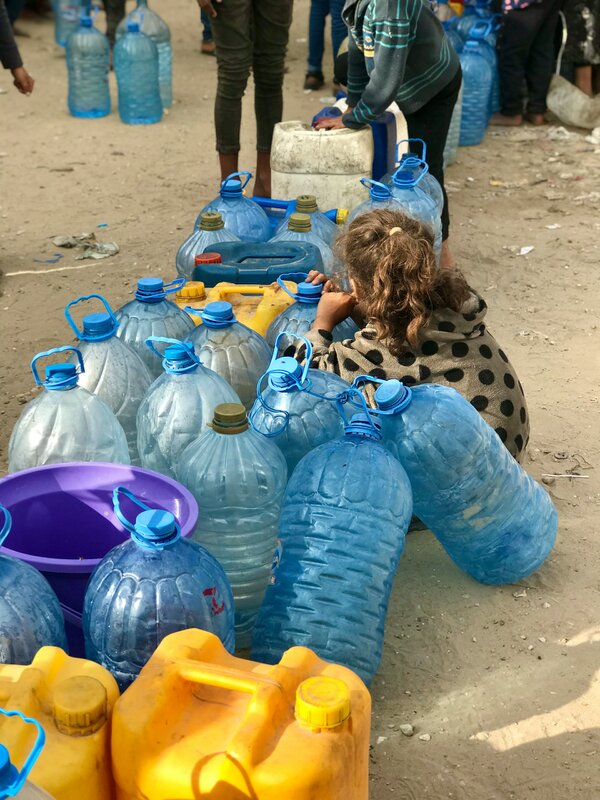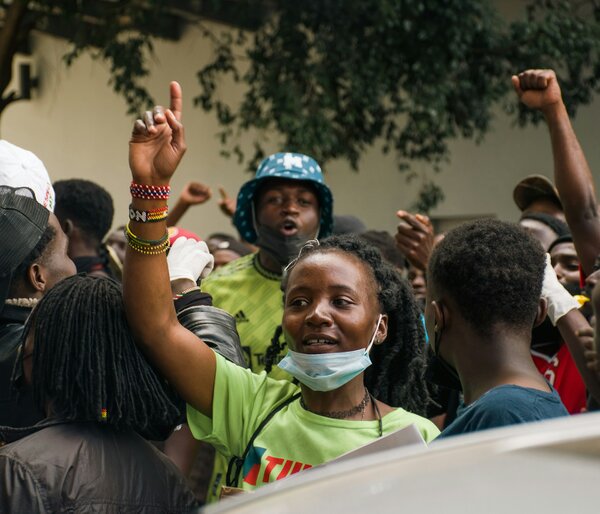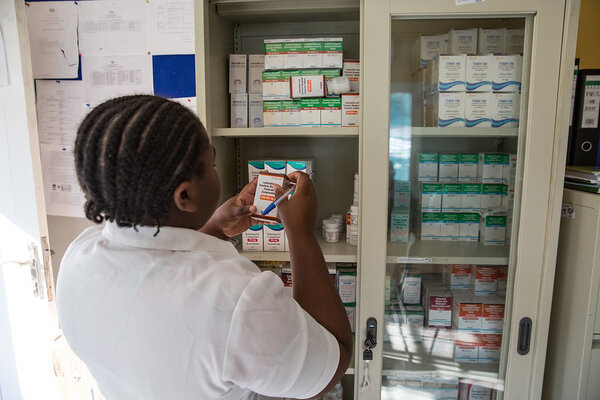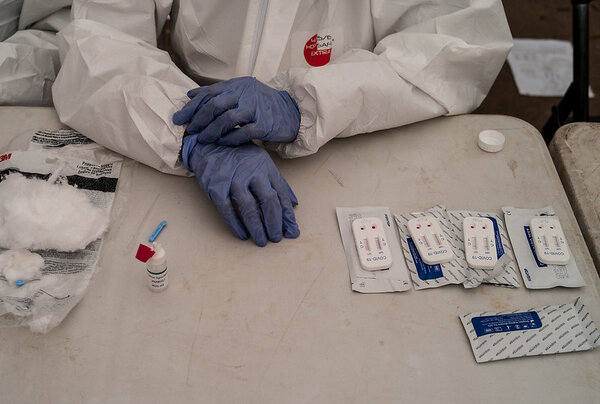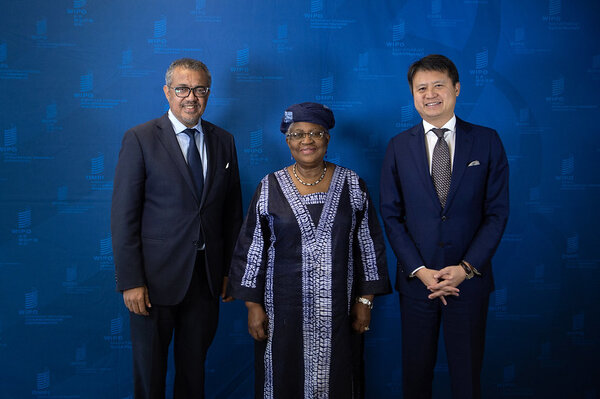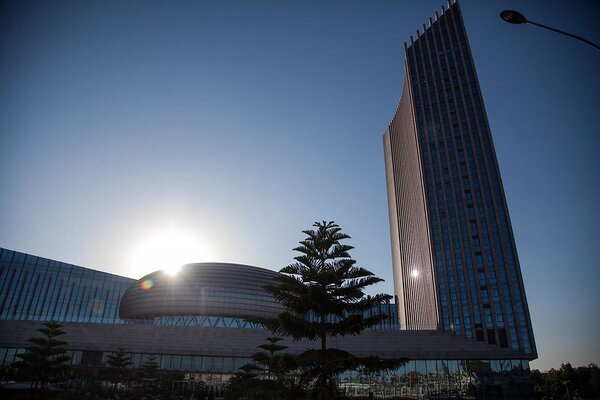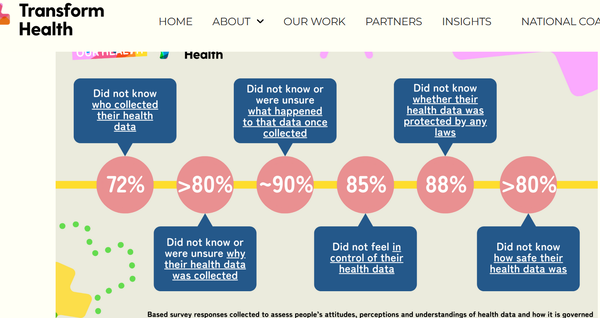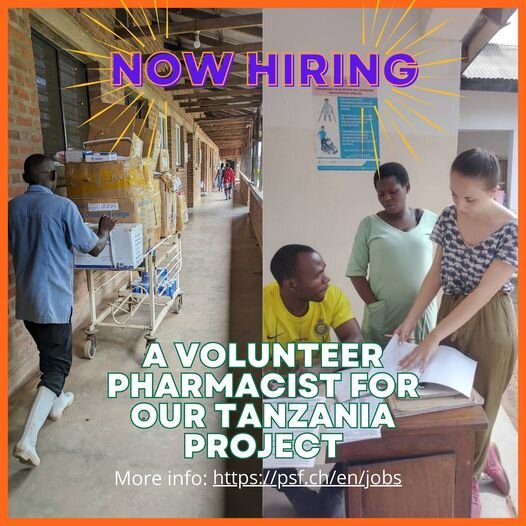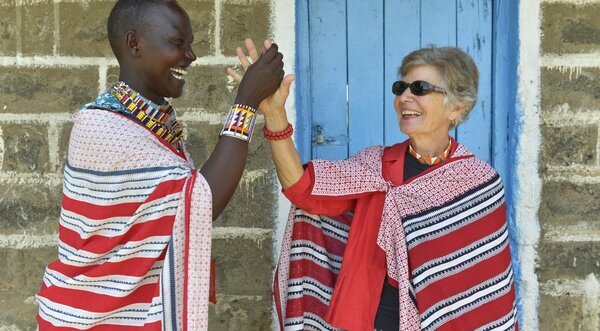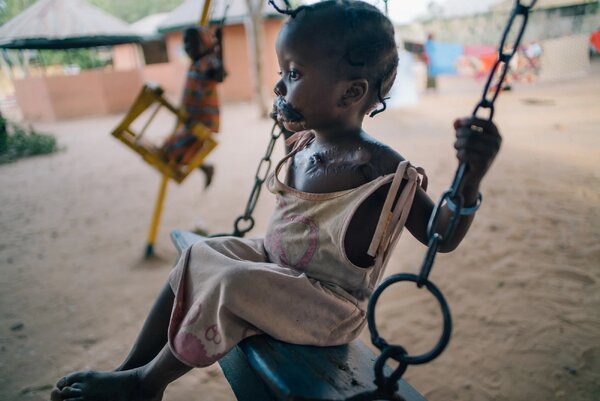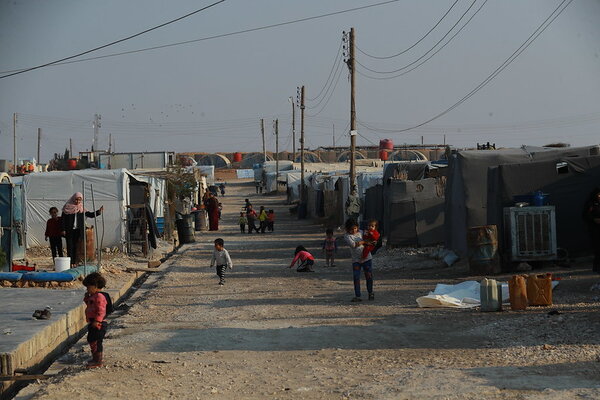Inequities forever?
Dass vor allem Armut, (Jugend-) Arbeitslosigkeit, die Geschlechterungleichheit und die Kriminalisierung und Ausgrenzung von Risikogruppen, die HIV- Epidemie weiter antreiben, verdeutlichte die Konferenz einmal mehr. Eindringlich appellierte die UNAIDS Direktorin, Winnie Byanyima daher an das Pharmaunternehmen Gilead, das Medikament allen zur Verfügung zu stellen, die es benötigen. Durchbrüche in der Medizin sind nur dann sinnvoll, wenn die Menschen, die diese Medikamente benötigen, auch Zugang zu ihnen haben.
Die Zahlen sprechen eine deutliche Sprache – laut dem neuesten UNAIDS-Bericht, infizieren sich jährlich immer noch rund 1.3 Mio Menschen mit HIV, alle 5 Minuten ein Kind und wöchentlich ca. 4000 junge Frauen und Mädchen, vorrangig in Sub-Sahara Afrika (UNAIDS, 2024). Trotz grosser Fortschritte in den letzten Jahren, ist das Ziel AIDS bis 2030 zu beenden in Gefahr, Risikogruppen sind gefährdeter denn je und die Mittel schrumpfen. UNAIDS hatte im letzten Jahr für die HIV-Bekämpfung 9,5 Mrd. USD weniger zur Verfügung und die globale Finanzierung ist um 6 % zurückgegangen. Viele Regierungen der Welt haben zudem gedroht, ihre Investitionen in globale Initiativen wie den Globalen Fonds oder PEPFAR weiter zu kürzen.
Put people first!
So waren auch während der ganzen Woche immer wieder düstere Berichte über die zukünftige Finanzierung von HIV-Programmen zu hören. Vor allem die Communities sehen sich als die Hauptleidtragenden der Sparmassnahmen. Trotz ihrer seit Jahrzehnten grossen politischen Bedeutung im Kampf gegen HIV/Aids werden für die von ihnen initiierten Programme noch immer nicht genügend Mittel bereitgestellt. Wie Studien belegen, sind gemeinschaftsgeführte Organisationen das Herzstück wirksamer HIV-Massnahmen. Sie sind die Expert:innen ihrer lokalen HIV-Epidemie und erzielen Erfolge, wie es andere nicht können. Communities fordern eine Umstrukturierung der Finanzierung, die Abschaffung projektbezogener Mittel hin zu einer flexibleren nachhaltigeren Finanzierung sowie die Beseitigung von Hindernissen seitens der Geldgeber, die es ihnen verunmöglichen, die erforderlichen Mittel zu akquirieren.
Put people first! Dieses Motto der Konferenz wurde von den Vertreter:innen der betroffenen Communities vehement eingefordert. Ihre Botschaft ist eindeutig, sie sind es leid Fragebogen um Fragebogen auszufüllen, ohne dass diese Daten Eingang in die Programme finden. Sie wollen den Lead über die Programme übernehmen und nicht länger um Mitsprache und finanzielle Mittel betteln.
Martina Staenke
Netzwerk Medicus Mundi Schweiz
E-Mail


